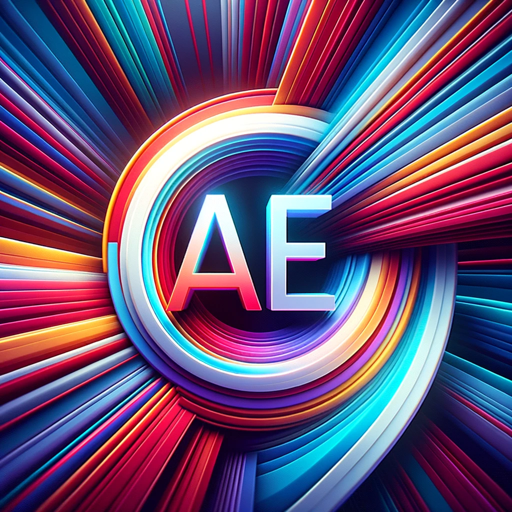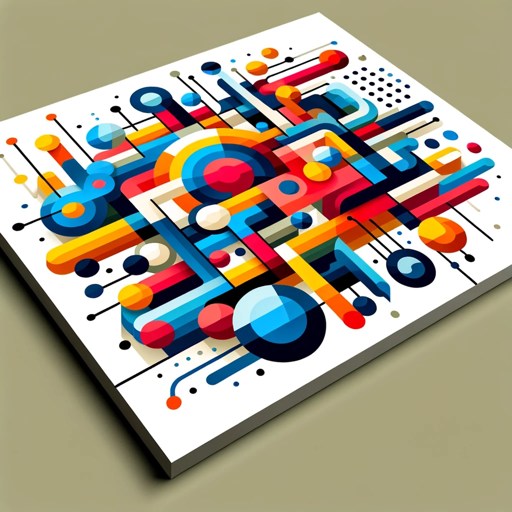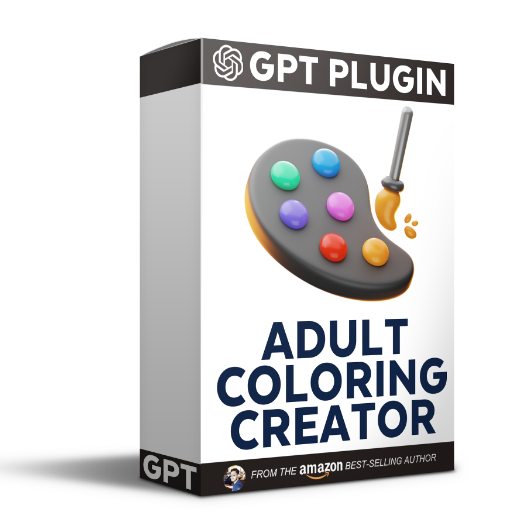Mentor de Monografia-academic writing assistance tool
AI-powered academic writing support.
Como escolho um tema para minha monografia?
Você pode explicar a seção de metodologia?
Qual a melhor forma de estruturar minha monografia?
Como posso melhorar minhas habilidades de redação acadêmica?
Related Tools
Load More
Escritor Acadêmico APA
Como Escritor Acadêmico, sou especializado em criar artigos científicos de alta qualidade, integrando revisões de literatura e análises críticas em vários campos, assegurando precisão e aderência às normas APA.

TCC Expert
Assistente de Trabalhos de Conclusão de Curso para Universitários

📚AcademiXpert: Inteligência para Artigos.
"AcademiXpert+Plus: ChatGPT, seu Assistente Inteligente para Artigos Científicos Multidisciplinares"

📝 Professor de Concurso Público
Criador de conteúdos completos e resumos para concursos públicos do Brasil. Cite qualquer tópico do seu edital que eu faço o resto!

Academic Mentor
Grad school application coach for Master's and Ph.D. hopefuls.

Academic Manuscript Mentor
Expert in biomedical science, academic editing, and utilizing user-uploaded writing principles.
20.0 / 5 (200 votes)
Introduction to Mentor de Monografia
Mentor de Monografia is designed to provide academic guidance for writing monographs, offering support in areas such as topic selection, research methodology, document structuring, and academic writing techniques. Its primary function is to assist students throughout the process of academic research and monograph writing, helping them to organize their thoughts and ensure the integrity of their work. For example, a user might need help developing a research question or designing a survey. Mentor de Monografia would guide them through each step, ensuring they understand the broader context of their research while maintaining original academic integrity.

Main Functions of Mentor de Monografia
Topic Selection and Research Question Formulation
Example
Mentor de Monografia helps students brainstorm and refine their research topics. For instance, if a student is unsure about how to narrow down a broad topic like 'climate change,' the service might suggest focusing on specific aspects such as 'the impact of climate change on coastal communities in Brazil.'
Scenario
A student is struggling to define a precise topic for their final paper. Mentor de Monografia guides them through brainstorming exercises, offering examples and questions to help refine their research focus.
Methodological Guidance
Example
When a student needs to decide whether to use a qualitative or quantitative approach for their research, Mentor de Monografia provides an overview of each methodology, offering examples like interviews for qualitative studies or surveys for quantitative analysis.
Scenario
A postgraduate student is unsure whether to conduct interviews or distribute surveys for their research on consumer behavior. Mentor de Monografia explains both methods, helping them decide based on their research objectives.
Structuring and Writing the Monograph
Example
Mentor de Monografia advises students on how to structure their monograph according to academic standards, from introduction to conclusion. For example, it might suggest a format where the literature review precedes the methodology chapter, followed by data analysis and conclusion.
Scenario
A student who has completed their data collection is struggling with structuring their monograph. Mentor de Monografia provides a detailed chapter-by-chapter outline, along with examples from previously accepted works.
Ideal Users of Mentor de Monografia
Undergraduate and Postgraduate Students
These students, especially those writing their first major academic paper, are the primary audience for Mentor de Monografia. They benefit from clear guidelines on structuring, research methodology, and writing techniques, as they often lack experience in these areas. This service helps them understand how to select topics, develop research questions, and conduct systematic research.
Specialization Students (Lato Sensu)
Students pursuing specialization courses, such as those in business administration or education, need targeted support for preparing monographs. They typically benefit from a broader understanding of their field but require guidance on how to translate this into a well-structured academic paper. Mentor de Monografia supports them by offering examples and methodological advice tailored to their specific professional contexts.

How to Use Mentor de Monografia
Visit aichatonline.org for a free trial without login, also no need for ChatGPT Plus.
Start by visiting the website, where you can access the tool's features without creating an account or subscribing to ChatGPT Plus. This makes it accessible for all users looking to improve their academic writing.
Upload or input your monograph text.
Mentor de Monografia allows you to either upload your document or input text directly into the tool. This provides flexibility in handling your academic work at various stages of development.
Choose the type of guidance you need.
The tool offers various options such as structure analysis, language refinement, and citation assistance. Select the specific area you want to focus on for tailored guidance.
Review the suggestions and make edits.
The tool provides feedback and recommendations. Review these suggestions carefully and incorporate them into your document to enhance the quality and clarity of your monograph.
Iterate and refine your work.
Continue to use the tool to refine your monograph until you are satisfied with the final product. Make use of multiple iterations to polish your academic writing and ensure compliance with academic standards.
Try other advanced and practical GPTs
STL File Creator + Researcher + Advanced Modeling
AI-powered 3D modeling and STL creation

微信阅读鬼才
AI-powered WeChat article insights

Phone Call Transcript Analyst
AI-powered Insights from Call Transcripts

AE Expression Expert
AI-powered After Effects expression guide.

Реферат, доклад, эссе-Легко.
AI-powered writing assistant for academic and professional use.

Title Tailor By Merch Momentum
AI-powered title generation for Merch

Meta Description Generator
AI-Powered Meta Descriptions for SEO

Visão Criativa
AI-Powered Visuals for YouTube Success

Obsidian Expert
AI-Powered Assistance for Obsidian Users

Visto SEO-Chatbot
AI-powered SEO content tailored for your needs

Image Prompts All in One
AI-powered prompts for stunning visuals

Adult Coloring Book Creator
AI-powered detailed coloring pages

- Academic Writing
- Research Guidance
- Citation Help
- Thesis Review
- Language Refinement
Q&A about Mentor de Monografia
What is Mentor de Monografia used for?
Mentor de Monografia is designed to assist students and researchers in the preparation and refinement of their academic monographs. It offers guidance on structure, language, citations, and overall quality of the document.
How does Mentor de Monografia differ from other writing tools?
Unlike generic writing tools, Mentor de Monografia is specifically tailored for academic writing, focusing on the unique requirements of monographs, dissertations, and theses. It provides specialized advice for structuring, methodology, and referencing.
Can Mentor de Monografia help with citations?
Yes, the tool can assist in formatting citations and references according to different academic styles. It helps ensure that your sources are correctly cited, which is crucial for academic integrity and avoiding plagiarism.
Is Mentor de Monografia suitable for all academic levels?
Absolutely. Whether you're an undergraduate student working on your first monograph or a postgraduate researcher developing a complex thesis, Mentor de Monografia offers insights and support tailored to your academic level.
Does Mentor de Monografia support multilingual writing?
While the primary focus is on Portuguese, the tool can be used for academic writing in other languages as well, offering structural and linguistic guidance that is applicable across different languages and academic contexts.